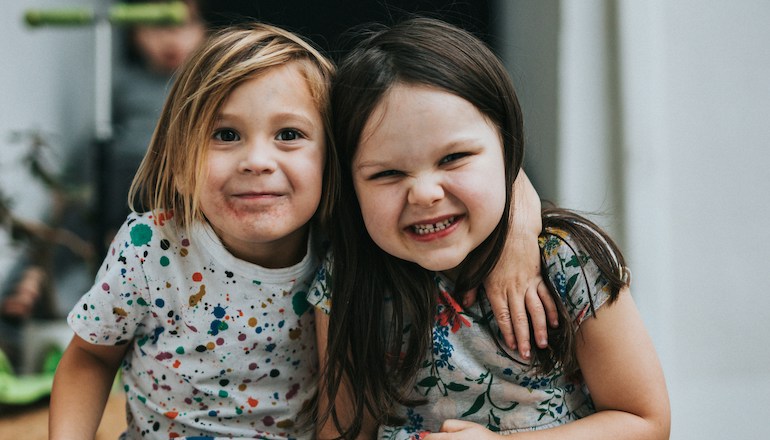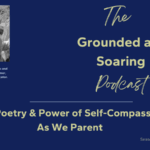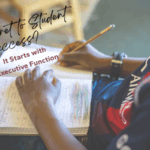Remember the days when “I’m sorry” seemed to magically mend any mishap? Turns out, conflict resolution is more complex, especially for the younger crowd. My journey in child development has shown me that these two words, while powerful, might not fully bridge the gap in understanding or healing after a clash.
The Limitations of a Quick Apology
Imagine this: A playground scuffle ends with a hasty “sorry,” and play resumes as if the slate has been wiped clean. But the underlying emotions? Unaddressed. The cause of the conflict? Still a mystery. This quick-fix approach bypasses an invaluable learning opportunity for both the initiator and the recipient of the action.
Children are in the prime stage of learning to sail the sometimes stormy social seas. Their toolbox for handling disagreements is only as good as the skills we teach them. Our role transcends dictating apologies; it involves guiding them through the nuances of interpersonal relationships. We’re there to help them articulate their feelings, understand others, and find common ground.
Peer Problem-Solving Technique
In navigating the complexities of childhood disputes, a simple apology often falls short of teaching meaningful conflict resolution. Instead, it can be very helpful to use a structured approach designed to empower young ones not just to resolve conflicts but to understand and learn from them.
The Peer Problem-Solving Technique is a testament to our belief in children’s abilities to empathize, negotiate, and find solutions collaboratively. It can transform conflict into an opportunity for growth, emphasizing the importance of each child’s voice in the resolution process.
Here are the steps:
- Identify the Problem: Each child takes a turn to explain their perspective, with adults providing guidance if necessary.
- Find a Solution: Everyone offers ideas for how to make amends, with adults suggesting options if the children are stuck.
- Reach Agreement: Whether the children agree or an adult helps summarize a solution, the goal is resolution.
- Celebrate Problem-Solving: Reinforce their ability by saying, “You are a problem solver.”
- Encouraging Constructive Dialogue: Instead of a simple “I’m sorry,” provide options of constructive language that children can bring with them when the next conflict arises:
- What would you like them to do next time?”
- “You may not hurt my body.” “Keep your hands to yourself.” “Play safe.”
- “You may walk away.”
- “Find someone else to play with.”
- “If you try to hurt me, I won’t play with you anymore.”
Supporting Each Other
The essence of building a compassionate community lies not in avoiding conflicts but in how we support each other through them. Children benefit when they have practical ways to express care and support, turning moments of distress into opportunities for kindness and understanding.
By teaching children to inquire about each other’s well-being and offer comfort, we foster an environment where empathy and solidarity thrive. It’s about equipping them with the emotional tools to be there for one another, nurturing a sense of collective responsibility and compassion.
When an incident occurs, we teach kids to ask:
- “Are you ok?”
- “Is there anything you need to feel better?”
Creative solutions like offering a drink of water, a hug, or a silly joke can make a big difference.
A Real-life Scenario
Consider Sophie and Jenny’s dispute over a toy truck. A surface-level apology could easily miss the chance for Sophie to articulate her frustration and for Jenny to express how being pushed felt. This scenario is less about patching things up quickly and more about mutual understanding and growth.
- Adult: “Sophie, you must have been feeling so upset to hit Jenny. What were you so angry about?”
- Sophie: “I did not like that she took my truck.”
- Adult: “Let’s tell Jenny – I did not like it when you took my truck.”
- Sophie: Tells Jenny, “I did not like it when you took my truck.”
- Adult: “Jenny, did you like it when Sophie hit you? Let’s tell her!”
- Jenny: “I did not like it when you hit me.”
- Adult: “Sophie, it seems like Jenny did not like that. Let’s tell Jenny that you will not do that anymore. And let’s check in with her: Jenny, how can I help you feel better? Do you need a hug? An ice pack?”
A Broader Educational Vision
Here at Marin Montessori, our commitment extends beyond academic instruction to nurturing social and emotional intelligence. This holistic approach ensures children are prepared not just for academic success but for life’s broader challenges.
Encouraging children to engage in meaningful dialogue over automatic apologies invites a deeper exploration of empathy, understanding, and personal growth. It’s about acknowledging their capacity for thoughtful interaction and supporting them in every step of their developmental journey.

Since 2006, Cheryl has been guiding Marin Montessori primary children, supporting both children and their parents in best practices for independence and healthy child development. She earned a bachelor’s degree in sociology from the University of California, Santa Barbara, and earned her AMI Primary Diploma in San Diego. In addition to those credentials, she also holds a Master’s in Education from Loyola College in Maryland. At home, Cheryl is a Montessori parent to two young children.





